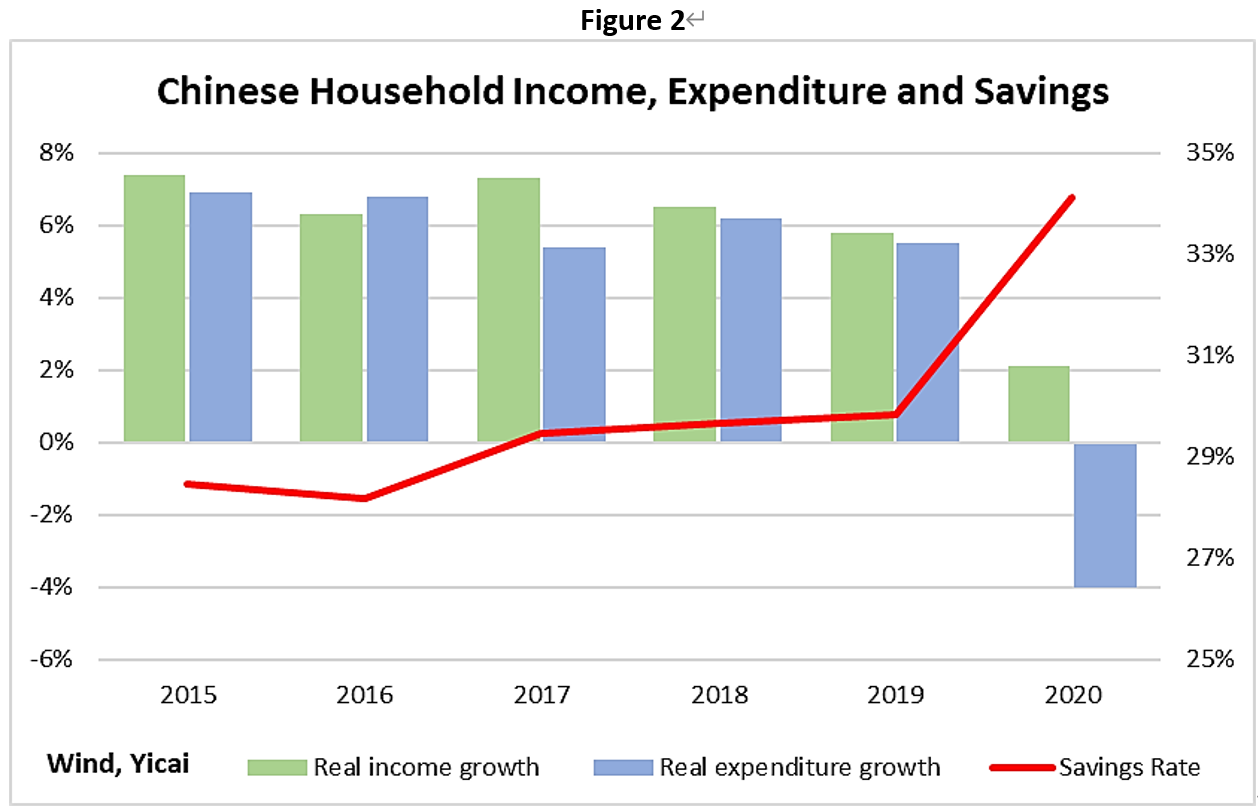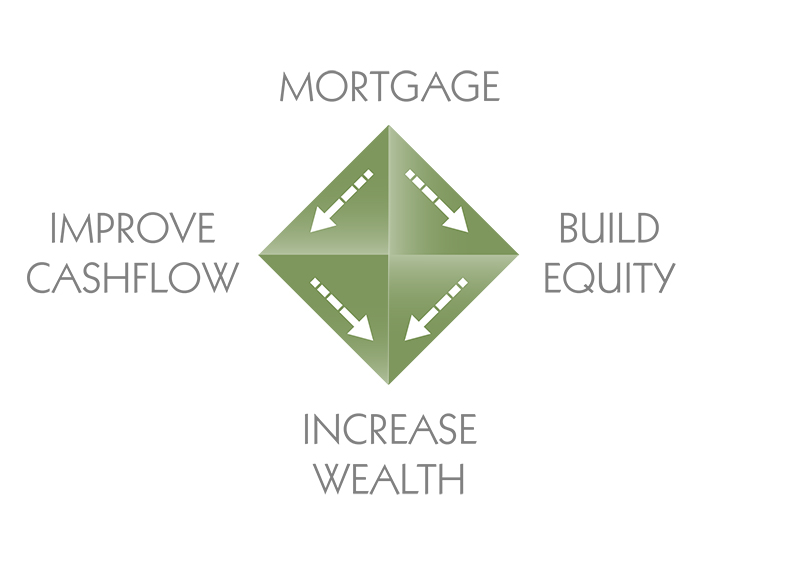Understanding Home Financing: How Does a Housing Loan Work?
#### How Does a Housing Loan WorkA housing loan, commonly referred to as a mortgage, is a financial product that allows individuals to borrow money to purch……
#### How Does a Housing Loan Work
A housing loan, commonly referred to as a mortgage, is a financial product that allows individuals to borrow money to purchase a home. Understanding how a housing loan works is crucial for anyone looking to buy property, as it involves various components, terms, and processes that can significantly impact your financial future.
#### The Basics of a Housing Loan
At its core, a housing loan is an agreement between a borrower and a lender, typically a bank or a mortgage company. The borrower receives a lump sum of money to buy a home and agrees to repay that amount, plus interest, over a specified period. The home itself serves as collateral for the loan, meaning that if the borrower fails to make payments, the lender has the right to foreclose on the property.
#### Types of Housing Loans
There are several types of housing loans available, each designed to meet different needs. The most common types include:
1. **Fixed-Rate Mortgage**: This type of loan has a fixed interest rate for the entire term, usually ranging from 15 to 30 years. This provides stability in monthly payments, making budgeting easier.
2. **Adjustable-Rate Mortgage (ARM)**: An ARM has an interest rate that may change after an initial fixed period. This can lead to lower initial payments, but there's a risk that payments may increase significantly in the future.
3. **Government-Backed Loans**: These include FHA loans, VA loans, and USDA loans, which often have more lenient qualification requirements and lower down payment options.

#### Key Components of a Housing Loan
When considering a housing loan, it's essential to understand the key components involved:
- **Principal**: This is the original amount borrowed from the lender.
- **Interest**: The cost of borrowing money, expressed as a percentage of the principal. Interest rates can be fixed or variable.
- **Down Payment**: A percentage of the home’s purchase price that the borrower pays upfront. A larger down payment can reduce the loan amount and lower monthly payments.
- **Loan Term**: The length of time over which the loan will be repaid, typically 15 to 30 years.

- **Monthly Payments**: These are calculated based on the principal, interest rate, loan term, and property taxes and insurance (if included in the loan).
#### The Loan Application Process
Applying for a housing loan involves several steps:
1. **Pre-Approval**: Before house hunting, it’s advisable to get pre-approved for a loan. This process assesses your financial situation and gives you an estimate of how much you can borrow.
2. **Finding a Property**: Once pre-approved, you can start looking for a home within your budget.
3. **Submitting a Loan Application**: After finding a property, you will need to complete a formal loan application, providing documentation such as income verification, credit history, and details about the property.

4. **Loan Underwriting**: The lender will evaluate your application to determine your creditworthiness and the risk involved in lending to you.
5. **Closing**: If approved, the final step is closing the loan, where you sign all necessary documents, pay closing costs, and officially take ownership of the property.
#### Repayment of a Housing Loan
Repayment begins after the loan closes. Borrowers typically make monthly payments that cover both principal and interest. Many loans also include property taxes and homeowners insurance in the monthly payment, which the lender holds in an escrow account until due.
Understanding how a housing loan works is vital for making informed decisions about home buying. By familiarizing yourself with the types of loans available, the application process, and the repayment structure, you can navigate the housing market more effectively and secure the best financing option for your needs.